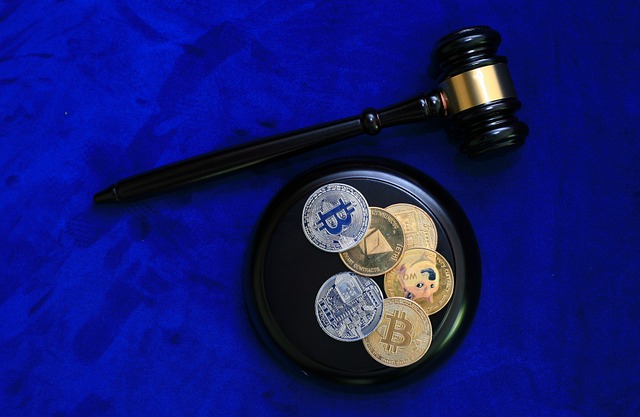Understanding the Legal Background: Key Details of the Coinbase Arbitration Dispute

On Friday, the Supreme Court of the United States gave its approval to a request by the cryptocurrency exchange Coinbase Global Inc. to pause customer lawsuits while it pursues appeals aimed at taking the disputes out of the courts and into private arbitration. Private arbitration is something that businesses typically prefer to litigation because it is more cost effective.
The Supreme Court reversed the decision of a lower court in a case involving a user who filed a lawsuit after having money stolen from his account by a con artist by a vote of 5-4. While Coinbase was appealing the decision, a lower court had allowed a proposed class action lawsuit to move forward. Coinbase argued in its appeal that the claims should be heard in arbitration. A second case that Coinbase had requested the court to review was turned down by the justices.
Arbitration of claims is often preferred by businesses because it is both less expensive and more expedient than going through the court system to litigate a dispute, which can be more difficult to win and carries a greater chance of hefty damage awards.
The exchange offered by Coinbase enables customers to engage in financial transactions utilizing digital currencies such as bitcoin and ether. The business contends that the terms of its user agreement mandate that disagreements be settled through the process of arbitration, and that a piece of legislation known as the Federal Arbitration Act, which governs the procedures that take place during arbitration-based dispute resolution, mandates that proceedings in trial courts must be halted when an appeal is filed against the denial of a request to compel arbitration.The decision was written by conservative Justice Brett Kavanaugh, along with his four fellow conservative colleagues.
Justice Kavanaugh issued a warning about the potential consequences of allowing trial courts to continue their work while the arbitration question is being considered in the court of appeals. He stated that such a scenario could result in the “irretrievable loss” of the benefits of arbitration, such as increased productivity and reduced expenses, even in the event that the court of appeals later decided that the case should have been heard in arbitration all along.
The court’s conservative Justice Clarence Thomas, together with the three liberal justices, wrote a dissenting opinion.
In her dissenting opinion, Liberal Justice Ketanji Brown Jackson stated that the verdict created a new rule that “perpetually favors” the party seeking arbitration.
“Now, any defendant that devises a non-frivolous argument for arbitration can not only appeal, but also press pause on the case,” Justice Jackson said in his opinion. “In the meantime, plaintiffs will suffer harm, lose evidence, and bleed dry their patience and funding.”
Coinbase’s vice president for litigation, Katherine Minarik, expressed her satisfaction with the decision.
In her statement, Ms. Minarik explained that the ruling “recognizes that companies like Coinbase, as well as our customers, bear significant burdens when cases that belong in an arbitration process instead proceed in lengthy and expensive court proceedings.” It makes perfect sense for the litigation in lower courts to be put on hold while an appeal court evaluates whether or not a case should even be heard in court.
Abraham Bielski, a client in California, filed a lawsuit against Coinbase alleging that in 2021, a con artist stole more than $30,000 from his account and was one of the parties engaged in one of the incidents. By not investigating or recrediting Bielski’s account, the defendant was accused of breaking the Electronic Funds Transfer Act, which led to the filing of the lawsuit.
In the other case, which was dismissed by the court on Friday, former users claimed that the corporation violated California’s statute against deceptive advertising by tricking people into paying to participate in a 2021 sweepstakes that gave rewards in the form of dogecoin, a sort of cryptocurrency. These prizes were advertised as being worth 2021 sweepstakes entries.
In all of these cases, federal judges had rejected the business’s request to compel the claims to be heard in arbitration, as the corporation contended was required by the user agreements. Despite the fact that Coinbase quickly appealed the verdicts, the 9th U.S. Circuit Court of Appeals, which is situated in San Francisco, declined in 2022 the company’s pleas to put further litigation on hold awaiting those appeals.
What are your thoughts on this story? Feel free to share your comments below.



